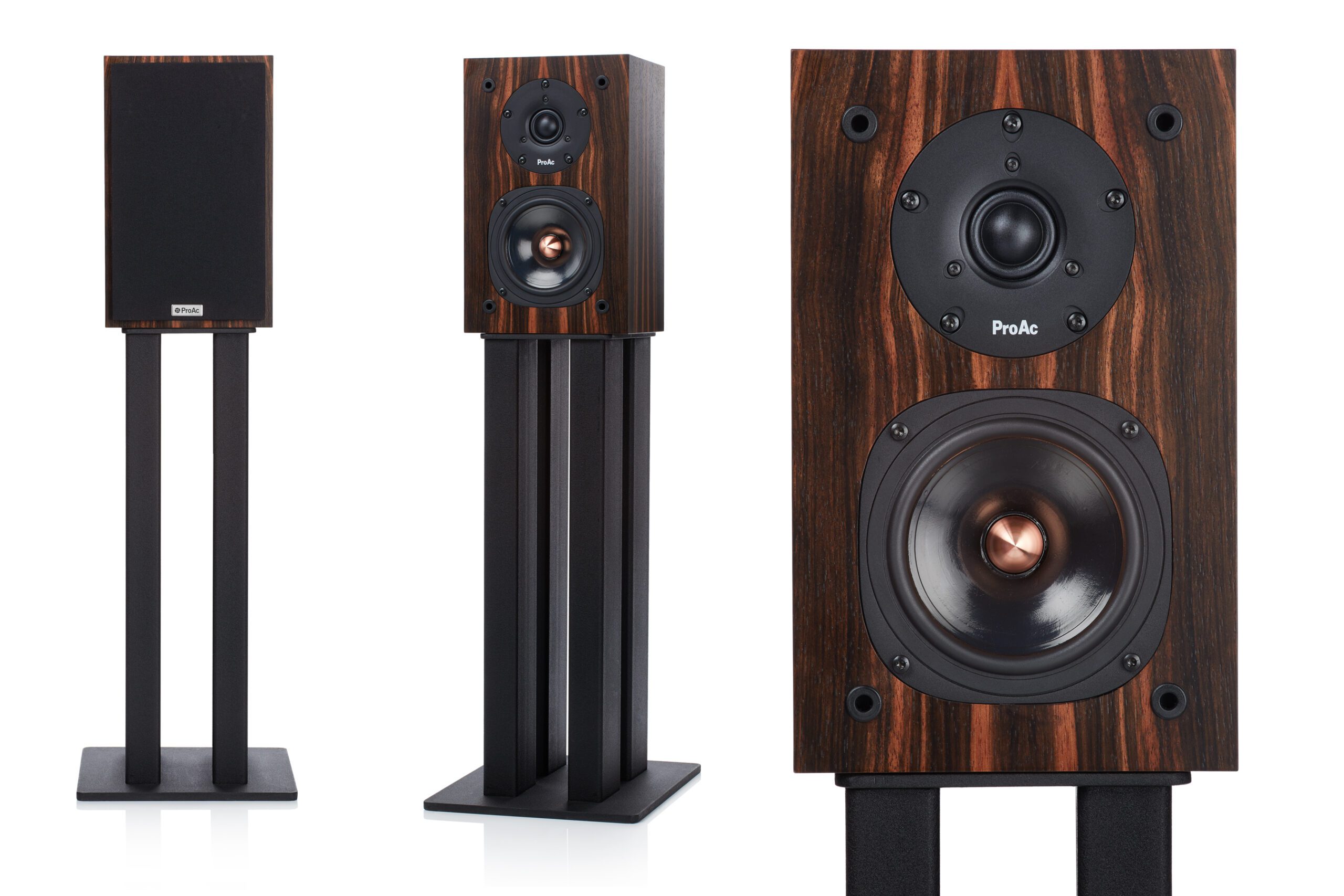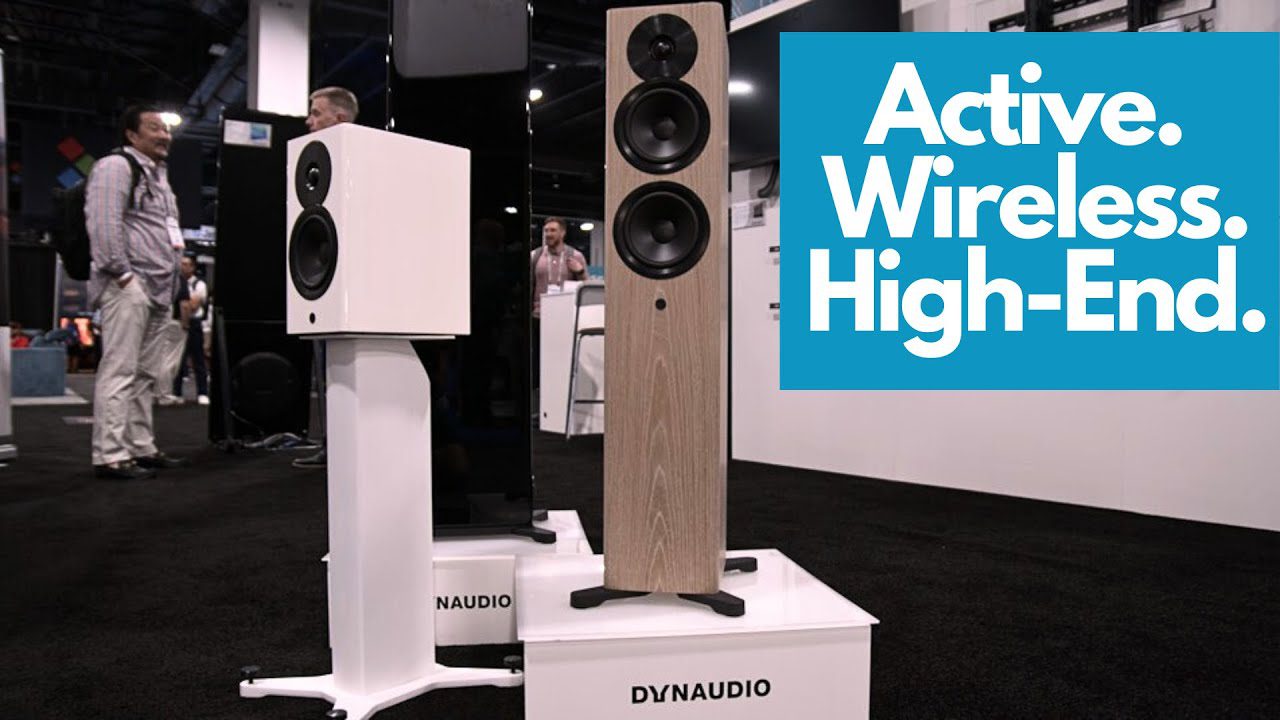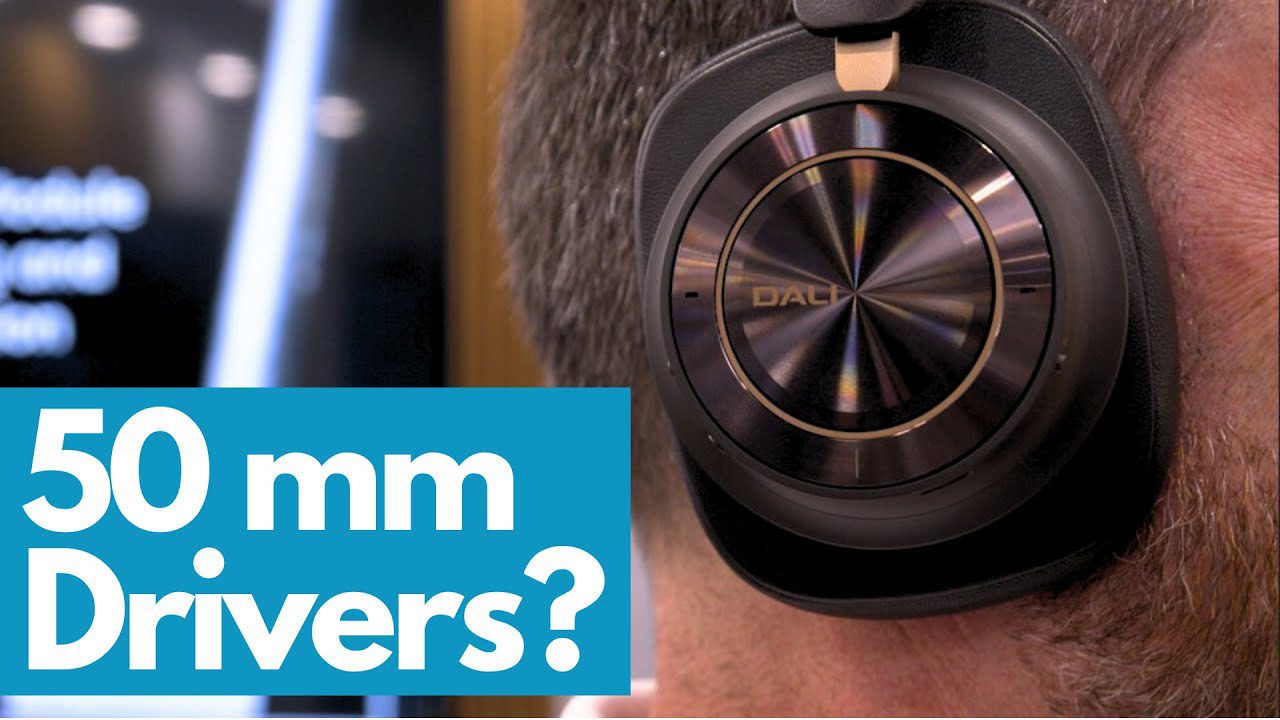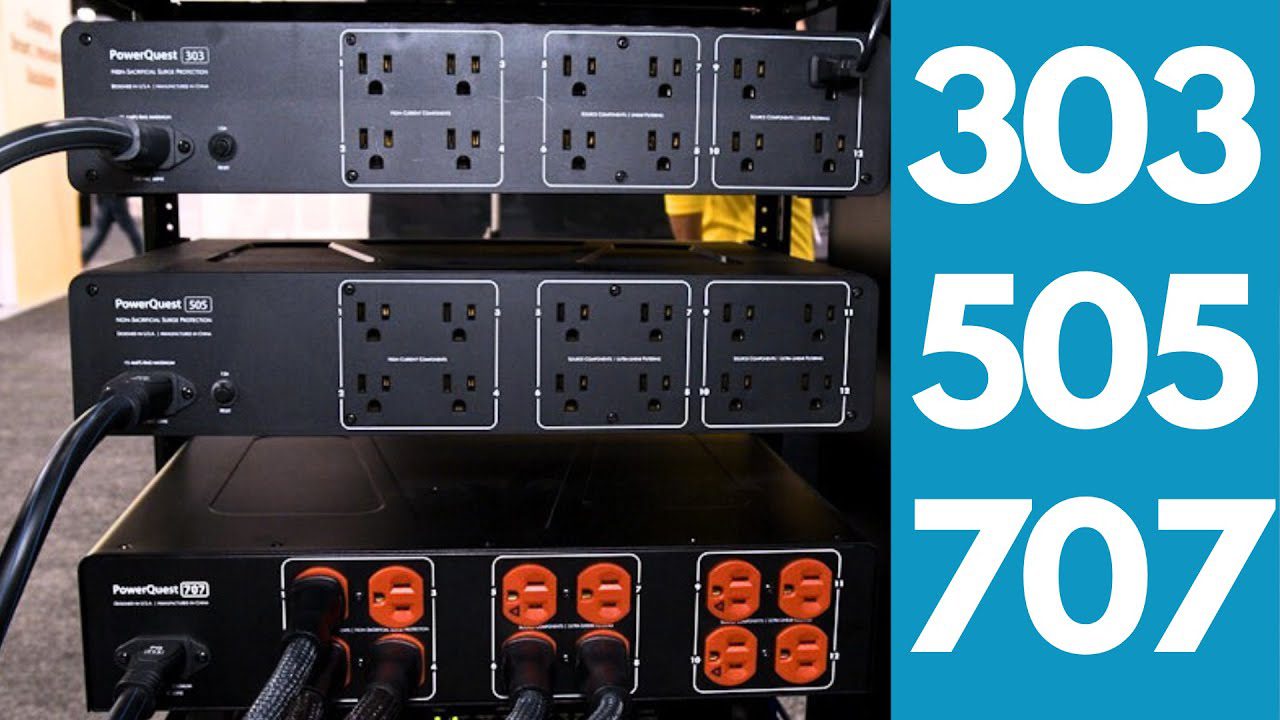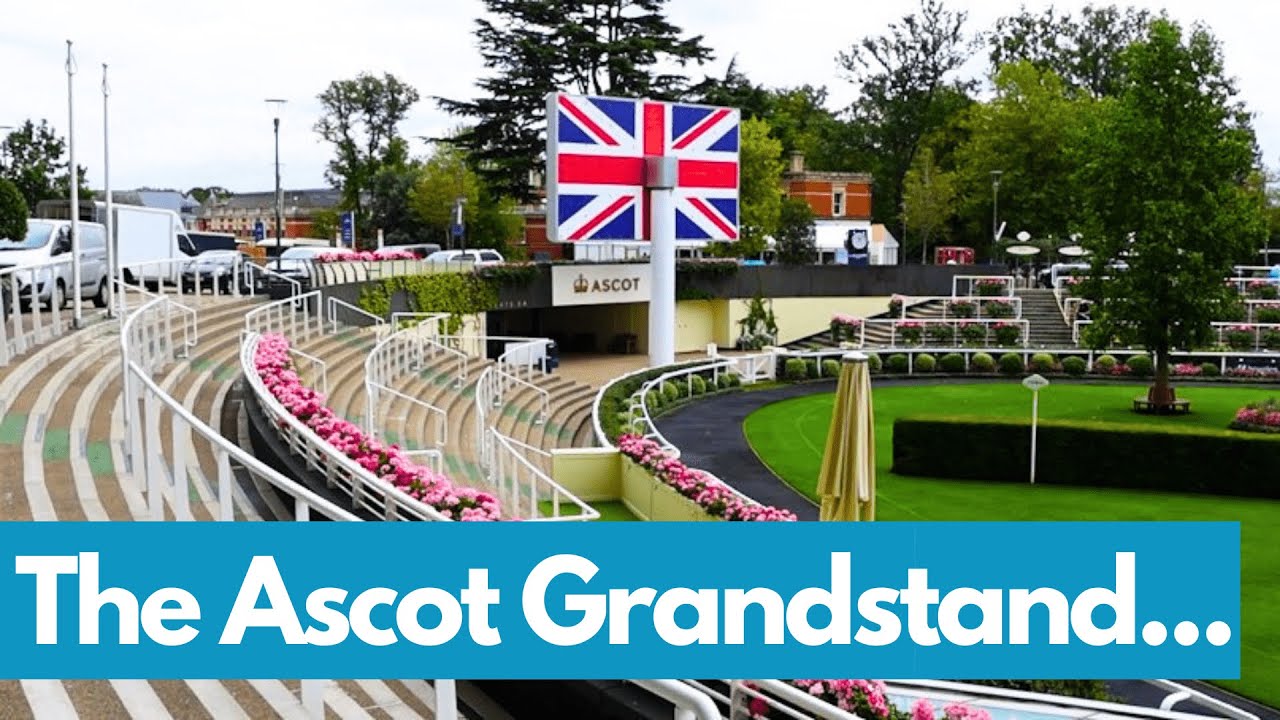
Perhaps one of the most consistent specialist dealers in the UK, The Audio Consultants represents the independent face of high-end audio. Rather than ploughing the familiar furrow of standard brand names foreign and domestic, The Audio Consultants instead selects products on the basis of performance and quality.
The company’s founder, Stephen Harper, has been a keen audio enthusiast and fiercely independent purveyor of distinguished high-end audio for decades, and we caught up with him at his Aldermaston-based store to discuss the important things in audio today…
What brands/products do you stock?
I concentrate entirely on two-channel stereo, including sources such as turntables and CD players, amplification, loudspeakers, good quality signal cables, and power cords.
Our major brands are SME, Clearaudio, Nottingham Analogue, Audiodesksysteme, Edge Electronics, Furutech, Norma Audio, German Physiks, ProAc, ELAC, Harmonic Resolution Systems, and Acustica Applicata.
What inspired you to get into the industry?
Frustration really. Many, many years ago I had a full Linn/Naim system, including the ubiquitous LP12, and heard some vintage valve amplification at a friend’s house. I thought that it sounded really good and asked myself, “why does this sound so much better than the system I have, and that I have paid a lot of money for?” He also had a Townsend Rock turntable and that could not have been more different in sound to the LP12. I then sought demonstrations for current valve amplification in London and nearby Home Counties. Valve amplification was a bit rare in those days but even a central London dealer did not provide a very satisfying demonstration. So I thought, someone has got to do a better job than this – admittedly a bit arrogant of me. So my first operation was started in north London specialising in vinyl replay and valve amplification only. I did realise pretty quickly that not everyone wanted a valve amplifier so naturally I had to encompass some solid-state electronics, but chosen from a valve sound stand point. That is to say ones that have a more natural tonal balance and presentation.
What music do you listen to when doing a demo?
I encourage customers to bring in their favourite pieces of music and this can cover all types and styles. I have a whole bunch of CDs and LPs that would cover most genres available and these are used for two reasons. One is if some of the customer’s recordings are not good enough to illustrate the strengths of the equipment being auditioned. (Sometimes a favourite piece of music is great to listen to, but may not be the best to judge a high quality sound system by). The second is if I think the customer will enjoy a good recording of music of a similar style. I mostly have music that is well recorded, such as on the ECM or Reference Recordings labels. This is usually classical, both orchestral and smaller scale music that includes a piano, and what I call ‘chamber’ jazz: a trio consisting of piano, acoustic bass, and drums. This can tell you a lot about an audio system, if the recording is good. I personally like improvised music, as well as classical (composed) music, along with the better end of popular music. What is important is to recreate correctly the timbres of the instruments and the space in which it was recorded.
What is the best piece of advice you can give to someone who is looking to improve/upgrade their system?
Two pieces of advice really. Try to go to live music concerts as much as possible, and rely on your ears more than what the reviews and technical specifications say.
To judge what instruments really sound like you need to go to unamplified concerts, otherwise you are generally listening to an average PA system at best, or probably one that is too loud and heavily distorted. Unamplified music is today generally limited to classical music; even the jazz players seemed obliged to use amplification, often in venues where it is not needed. Even if you are not keen on classical music, it is useful to buy a ticket and go and hear what natural sound is like and what proper dynamics are all about. I know it is impossible to reproduce that in your home even with the “best hi-fi” system in the world, but with some you can get close to the feeling experienced in a concert hall, and the power of the orchestra. Once you get that right, most other genres of music are reproduced accurately.
Reviews, professional ones or those published on-line, have their place to help make a short list of the component worthy of upgrading. But it is very difficult for them to describe sound. There is also the question of does the person buying have the same criteria as those reviewing. Judging a piece of electronics based simply on technical specifications is more or less useless. There is no measurement device yet invented that tells you what sound is. They just measure electrical parameters. Your ears are the best judge of what subtle differences in sound are. These subtleties are what would make a person buy one component over a competitor.
Where do you see the industry going?
The higher end of the industry has probably reached such a level of technical excellence that it is difficult to imagine how much better electronics for the accurate reproduction of recorded music can become. They may have reached a pinnacle and it is really fine tuning from here on. However, this end of the market is very small in terms of buyers so the products end up being seriously expensive. Therefore, sadly, the industry is polarising, with very expensive audio components that only a few can afford and equipment that is bought purely on price. The middle ground for the serious audiophile with a limited, perhaps more realistic budget is not going to be catered for easily. This is not such good news and potentially excludes many who have a passion for music but want to reproduce more of what they hear at a live concert at home.
There is also an increasing trend with recent electronic designs towards a brighter tonal balance and a forward presentation, with or without depth of soundstage. All designed to be immediately ‘impressive’. The greatest trick that two-channel stereo pulls off is the illusion of depth. There are many components that do not portray depth and hence they have more of a ‘hi-fi’ sound, rather than a more correct representation of musical instruments with air and space around them. Some re-assessment of what is a natural, less impressive sound is required here.
Who has been your biggest influence?
In the early days Tom Fletcher, the designer of Nottingham Analogue turntables, showed me how simple, well thought through engineering principles produce a more accurate sound from LPs.
Also assisting in the set-up of a good Audiofreaks system at audio shows, based on Conrad-Johnson amplification and Avalon loudspeakers, demonstrated to me what a true soundstage was.
Talking to Lucien Pichette, then International Sales Manager for Avalon loudspeakers, illustrated how important room placement of loudspeakers was for creating not only a good soundstage but a more correct sound.
Finally, Italo and Fabio of Acustica Applicata have always been generous in passing on their knowledge and experience in how important it was to control room acoustic problems to obtain the best sound the audio equipment is capable of. They still are, and we are all still learning about the importance of room acoustics.
Stereo or home theatre, or both?
Two-channel stereo only. For accurate music reproduction it is best to keep video replay out of the audio system, because of distortions introduced, so I have never embraced home theatre.
CD, DAC, or streaming, or all three?
CD and DACs principally. Steaming, or any form of computer based replay, has not proven itself to me yet. And I have tried many that are so called state-of-the-art DACs for this purpose. Most do not produce the musicality or the more natural sound stage presented by a physical disc.
I understand the theory that much higher resolution formats from a computer file are not possible via a physical format such as a CD, but the higher quality that should be present is not always evident in listening. It is still easier to get a very good, musically satisfying sound from physical discs such as a CD or an LP. This is something that should not be the case but that is what my ears are telling me now.
The ability to resolve the finest details that contribute to the illusion of a wide and deep soundstage seems missing. This is counter-intuitive, I grant you, but hopefully this may change with future developments of computer based music replay.
Have you been a part of the vinyl revival? How?
Since the beginning I have always concentrated on turntables and vinyl related products. For me vinyl never went away so the ‘revival’ is just business as usual. The more recent extra level of interest is most welcome but, in real terms, it is a small increase in the overall business activities.
Tags: FEATURED
By Alan Sircom
More articles from this authorRead Next From Blog
See all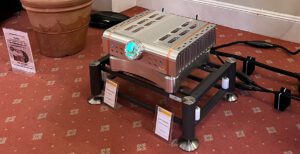
Audio Show Deluxe 2024: A photo show report
- Mar 28, 2024

Paul Messenger 1949-2024: A personal tribute
- Mar 26, 2024
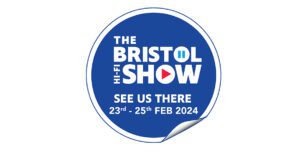
Bristol Hi-Fi Show 2024: See You There!
- Feb 21, 2024
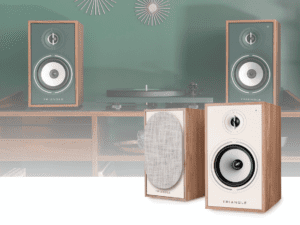
Triangle Borea Connect
- Feb 19, 2024

